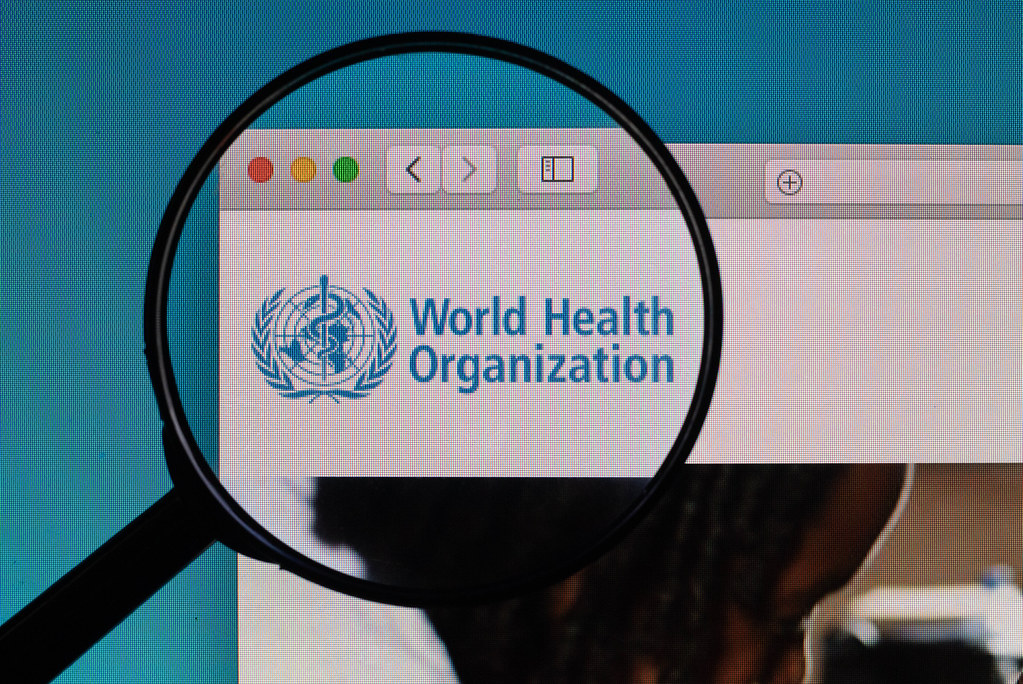‘Act quickly, act decisively, act robustly’ to combat the covid-19 spoils, WHO

Nations are required to act swiftly and fast in order to put an end to the coronavirus pandemic and make sure the virus doesn’t lead to any more damage to health and economies, said a special convoy to the World Health Organisation.
The number of people that have been infected by the covid-19 disease has been increasing rapidly, as per data provided by Johns Hopkins University, 784,700 people have contracted the virus and at least 37,638 people have died over the world. Due to this, WHO has also released a set of guidelines to follow.
“This set of outbreaks that are making up the pandemic increase in scale exponentially. They double in size every few days, like every three days,” David Nabarro, a special envoy on COVID-19 to the WHO, told CNBC Tuesday. “Trying to get in ahead of an exponential problem is much easier if you’re dealing with it early on.”
The virus was first originated in the Wuhan City of China in December of last year. As of now, the virus has spread its wings all over the world and countries like Spain, Italy and the United States out which the most badly hit nations are Italy and the United States.
These countries and all other virus hit nations are forced to take swift and hard measures to tackle the overall social, economic and financial impact the virus outbreak is having. Another major challenge is to stop the additional cases by days rate as the healthcare facilities are reportedly not sufficient to house and treat that number of patients with complete efficiency.
To achieve that the major countries are also implicating lockdowns that have caused tremendous amount of losses to small and medium business owners apart from essential businesses.
“The real point I have to keep on making is when you get an outbreak starting, suppress it quickly. It’s much less costly, it’s much less problem for your economy, you don’t have to do a long lockdown,” World Health Organisation’s convoy Nabarro said.
“Act quickly, act decisively, act robustly, so that you’re not caught having to deal with a much bigger, bigger problem two weeks later,” Nabarro said, adding that it might assist in controlling the “bitter economic medicine that has to be taken” to tackle coronavirus.






